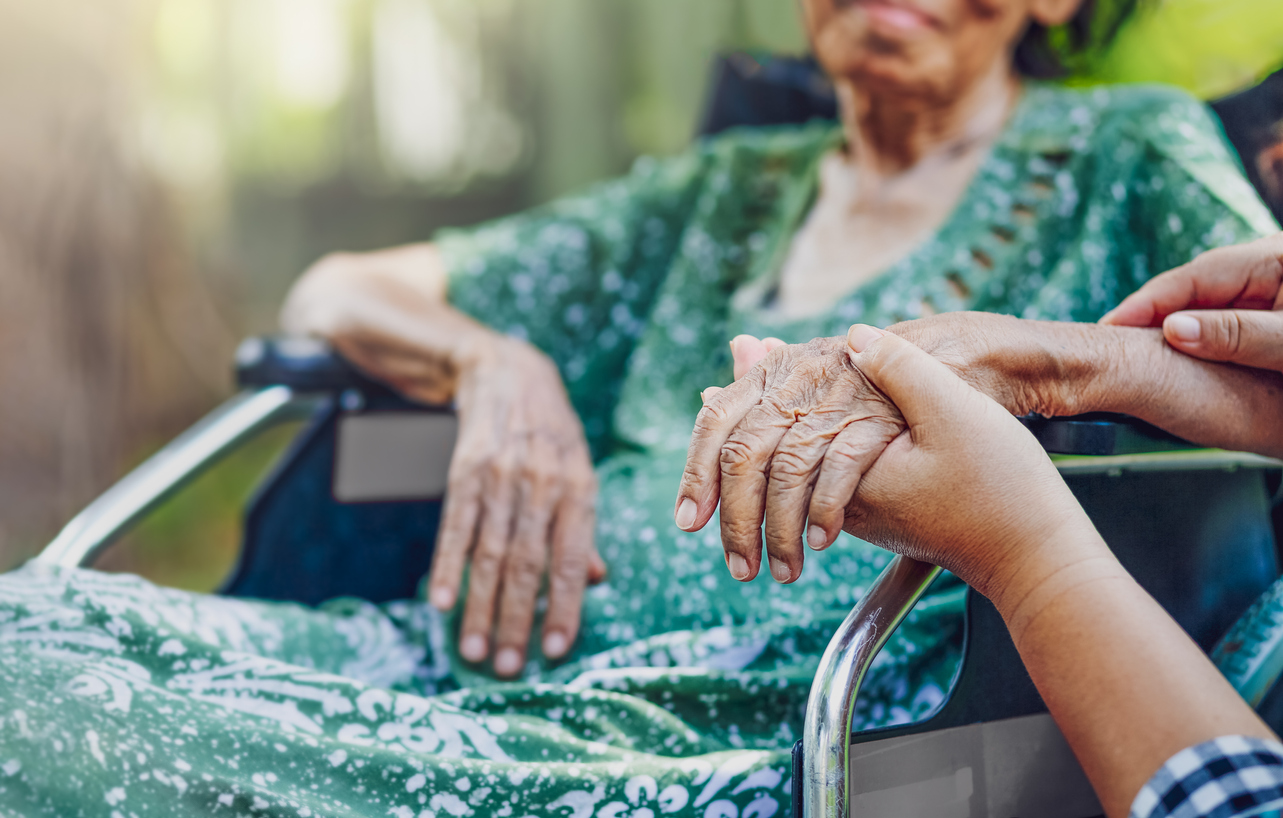Infection control has long been a part of operations in nursing homes and other long-term care facilities. Residents of these facilities are at risk of serious – even fatal – health complications whenever communicable diseases are present. The recent COVID-19 pandemic is a perfect example; this severe respiratory disease has wreaked havoc on nursing homes across the globe, resulting in hundreds, if not thousands, of avoidable deaths. As COVID-19 continues to present significant health challenges for nursing home owners, operators, staff, and residents, it can be useful to understand how this disease can ultimately affect the nursing home sector of the healthcare industry.
COVID-19: Serious Risks for Aging Populations
First emerging in China in late 2019, SARS-CoV-2, the novel coronavirus responsible for a severe pneumonia-like respiratory disease known as COVID-19 has swept around the world, resulting in over a million illnesses and more than 70,000 deaths as of this writing. As with many other debilitating respiratory diseases, seniors are at increased risk not only of acquiring the illness, but succumbing to its effects. Seniors often have other complicating chronic health conditions, including respiratory and circulatory deficiencies or so-called comorbidities like diabetes, obesity, and heart disease.
In a study compiled by the Kaiser Family Foundation (KFF), an information resource for national health issues, over 1.3 million residents receive care in nearly 16,000 nursing homes in the United States. As of 2017, about 16% of all nursing home residents received some form of respiratory treatment, which may include:
- Oxygen supplementation
- Ventilators/respirators
- Inhalation therapy
- Pharmacological support
The most common complication related to respiratory therapy is pneumonia, often caused by bacterial or viral infection. With the arrival of COVID-19 in the United States, the aging population in nursing homes is facing unprecedented health risks. Some of the first COVID-19 deaths in the United States occurred in King County, Washington. In a long-term care facility, the coronavirus was introduced by visitors and/or staff; the disease ultimately affected 81 nursing home residents, 34 staff members, and 14 facility visitors, and resulted in the deaths of 23 individuals.
Infection Control in Nursing Home: Challenges and Obstacles
Owing to the nature of nursing home and long-term care facilities, with their crowded living environments and frequent visitors, infection control in these facilities presents steep challenges, not only for the managers and staff but also their residents.
In the same KFF study on respiratory treatment risks in nursing home populations, it was found that over 40% of all long-term care facilities in the U.S. experienced some type of infection control deficiency in 2017. That percentage has only grown in the intervening years. In some states, more than half of all nursing homes had at least one instance of failures in infection control. Typically, seasonal influenza or colds are the culprits, and while these diseases present health challenges to at-risk seniors, they are rarely fatal. COVID-19, on the other hand, has the potential to be devastating, with fatality rates for at-risk populations exceeding 3% of all cases.
Challenges in preventing infection in nursing homes vary, but commonly consist of factors like:
- Crowded living environments.
- Difficulties in adequately cleaning/disinfecting resident living areas and common areas.
- Poor hygiene among residents.
- Insufficient vaccination initiatives, especially with seasonal flu and pneumonia vaccines.
- Poor or non-existent infection control practices training for caregivers.
Preventing Infectious Disease Outbreaks in Nursing Home Environments
Infection control in nursing homes is crucial in protecting the health and lives of residents. Facility managers must adopt a four-part approach to infection control, especially in the wake of the potentially-deadly novel coronavirus. The four parts are:
- Preparedness
- Detection
- Management
- Prevention
Preparedness for a disease outbreak includes training caregivers and staff, ensuring disease outbreak protocols are developed and followed, and stockpiling any necessary equipment and medications to combat an outbreak. Detection is the process of identifying the signs and symptoms of a communicable disease and maintaining vital records. The sooner a disease like COVID-19 is detected, the easier an outbreak will be to manage.
Management of a disease outbreak may require dramatic shifts in the way the nursing home does business, and may include:
- Isolating infected residents by establishing quarantine areas or isolation for affected residents.
- Eliminating outside visitation and trips of residents outside the facility unless medically necessary.
- Limiting or curtailing group activities in accordance with “social distancing” guidelines recommended by the CDC. This may include social events as well as meals.
- Providing supportive care for infected residents.
- Disinfecting common areas and resident living areas.
- Increases in the use of personal protective equipment (gowns, gloves, respirator masks, and face shields) for caregivers.
Finally, prevention against infectious disease outbreaks can take several forms, but immunizations and awareness programs for residents are the most common preventative steps. Unfortunately, there is not yet a vaccine available for COVID-19, so caregivers and residents must adopt hygiene practices like frequent handwashing and the wearing of protective face coverings or masks.
By adopting this four-part infection control approach, the devastation of a deadly disease like COVID-19 can be minimized. As more is learned about the virus itself, the CDC and the World Health Organization (WHO) continue to share their findings with others. Adopting recommendations and best practices will help nursing home residents and staff to overcome any challenges infectious diseases present. This, in addition to securing a comprehensive nursing home insurance policy can help to mitigate the potential uptick in nursing home claims resulting from coronavirus.
Caitlin Morgan Specializes in Nursing Home Risk Management
Caitlin Morgan specializes in insuring assisted living facilities and nursing homes and can assist you in providing insurance and risk management services for this niche market. Give us a call to learn more about our programs at 877.226.1027.


